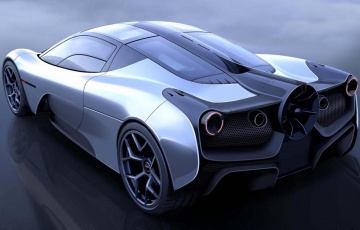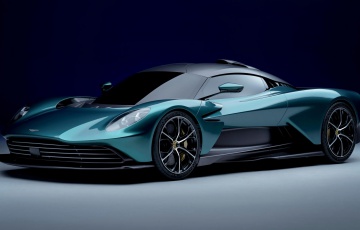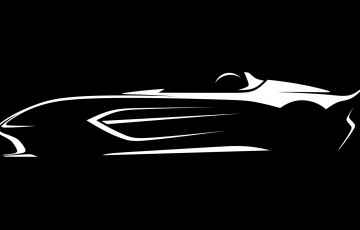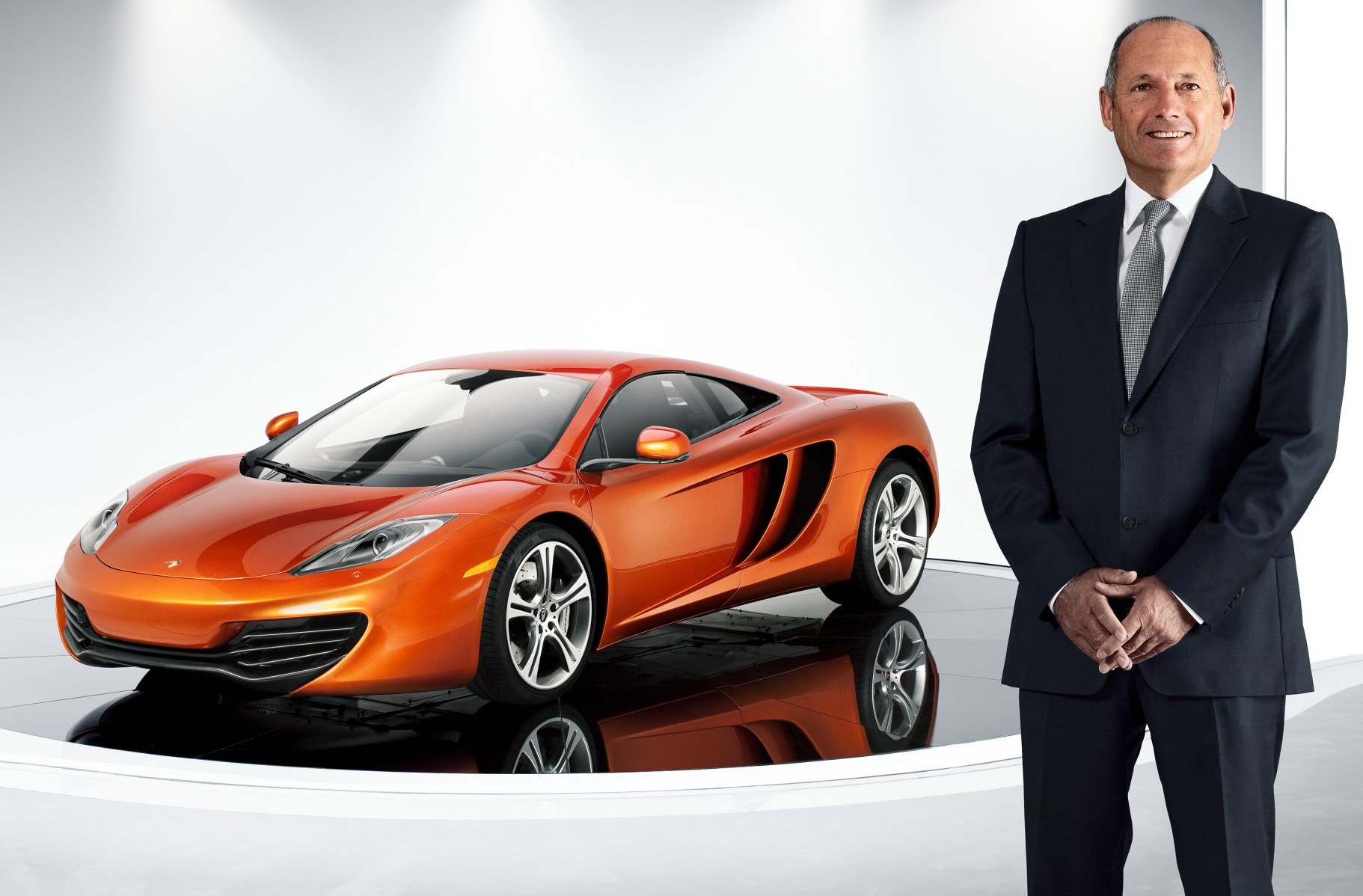
LEGEND HAS IT that a Ferrari customer, one Italian industrialist who manufactured mechanised farm equipment, once cornered Enzo Ferrari himself to complain that his cars were 'rubbish'.
Furiously, the old man apparently told the customer, 'You stick to making tractors, and leave the supercars to me,' or words to that effect.
The customer turned out to be Ferruccio Lamborghini, and we all know how that turned out.
It's hard to imagine the same thing happening with Ron Dennis, for the executive chairman of McLaren Automotive seems like the polar opposite of Mr Ferrari.
For one thing, he appears to see his cars as imperfect, and welcomes input from customers. 'We're very reactive to the customers,' he tells us at the opening of the local McLaren showroom last month.
'We are constantly improving the product, based on very logical things but also customer opinion. When people make an observation, you listen.'
That product is the McLaren MP4-12C, roughly a million dollars worth of supercar. It's capable of reaching 200km/h in under nine seconds, which isn't bad for a product that's still being improved upon.
In fact, being adaptable seems to be part of the McLaren makeup, a philosophical crossover from the group's Formula One operations (which, incidentally, have been successful enough to serve as the perpetual thorn in Ferrari's side).
'In F1 terms, being fast to develop things is completely normal,' says Mr Dennis. 'In this business, you've got to be adaptable. If the car has something that can be improved, improve it, don't ignore it.'
Another way he differs from your average supercar constructor? He's talked customers out of spending money they don't need to.
'We would make more money by, say, putting carbon brakes on the car. But it is absolutely the wrong thing to do if you don't intend to take the car to the circuit,' he says. 'You just don't need carbon brakes on the road, so we talk people out of it.'
Customers might even get free upgrades to their cars, whenever possible. 'We don't wait for a model year, we'll introduce a modification at any stage, and then ultimately if it's feasible, we'll automatically update a customer's car,' says Dennis.
It's an approach that builds trust in the long term, he explains, although viewed through a cynical lens it might be seen as a hokey, gimmicky tactic from what is essentially an upstart in the supercar leagues.
But then Ron Dennis is a man who says his favourite movie is 2000's Pay It Forward, the morality tale about the power of good deeds to change the world for the better.
'If you do good things for people and expect nothing in return, then your life is enriched and you can definitely perpetuate good values and principles,' says Dennis, his voice dropping to a pensive hush. 'For me, that is a very good way to go through life.'
Can doing good by customers really change the supercar world? So far, McLaren is on track to deliver 2,000 cars globally this year, which Dennis says is according to plan. Eventually, the goal is to hit 4,000 to 5,000 cars a year, or roughly 5 percent of the global market for expensive cars. Ferrari has roughly 7 percent of the same pie.
For now McLaren's showroom only has the MP4-12C for customers to peruse, but Dennis says it is only the 'start' of the company's assault on the supercar market.
Next year there will be three models, and in 2013, a quartet of them. 'Ultimately we will have a very broad range of high performance vehicles, each targeting different segments of the market,' he says.
All that, remarkably, from a man who isn't even a car enthusiast. 'Strangely enough, I'm not a huge car person. I love cars, but I love contemporary art more, so I'm a big contemporary art collector,' he says. 'I have a passion for the company, but not passion for specific cars.'
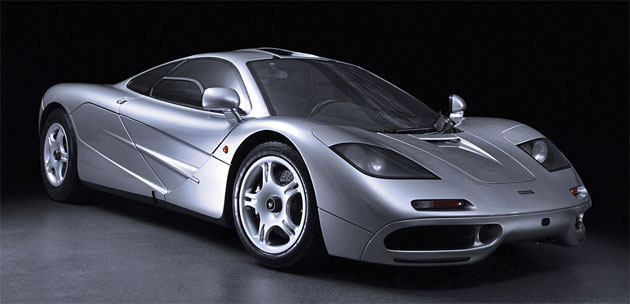
He doesn't have a dream car, and says that his best car - a McLaren F1 - is tops on his list mostly because it's now worth 'comfortably US$5 million', ten times what he paid for it.
If that sounds remarkably calculative, even a little soulless, it's in tune with how the MP4-12C came about. Mr Dennis says he started with a business plan instead of a car.
'We segmented the market into price bands, we looked at who was making cars in those bands, we looked at all the performance cars that fell in those bands to determine volume,' he explains. 'The MP4-12C was conceptualised backwards from that.'
Indeed, asked why he went into the road car business at all, Mr Dennis mentions purely commercial factors. 'We are a very successful racing team, but there is a limitation to how large you can grow a company based purely on motor racing. In Formula One which is the pinnacle of motorsport, you can only run two cars, and therefore effectively the monetisation of your chosen discipline becomes limited,' he explains. 'You can't grow. Yes, you can keep winning Formula One races, but still, growth is limited by the scale of the sport.'
Perhaps fear had a part to play in it, as well. 'If you don't grow as a company, history says you die. I can't remember exactly when but in the last few years, I remember looking at one of the struggling teams and it suddenly occurred to me, well, I've been in motor racing since 1966. How many F1 teams have come and gone?' he asked himself. 'At the point when I looked at that number, I was staggered: it was 107. I think it's now 109, and I thought, that's not a great statistic.'
Ultimately, it seems fair to say that the McLaren Automotive and its MP4-12C were born partially at least to safeguard the Formula One team.
In one respect, then, perhaps Ron Dennis isn't quite so different from the passionate Italian who founded the supercar league. Enzo Ferrari apparently only sold road cars so that he would have the money to keep his Formula One team going, after all.
Interview courtesy of CarBuyer






